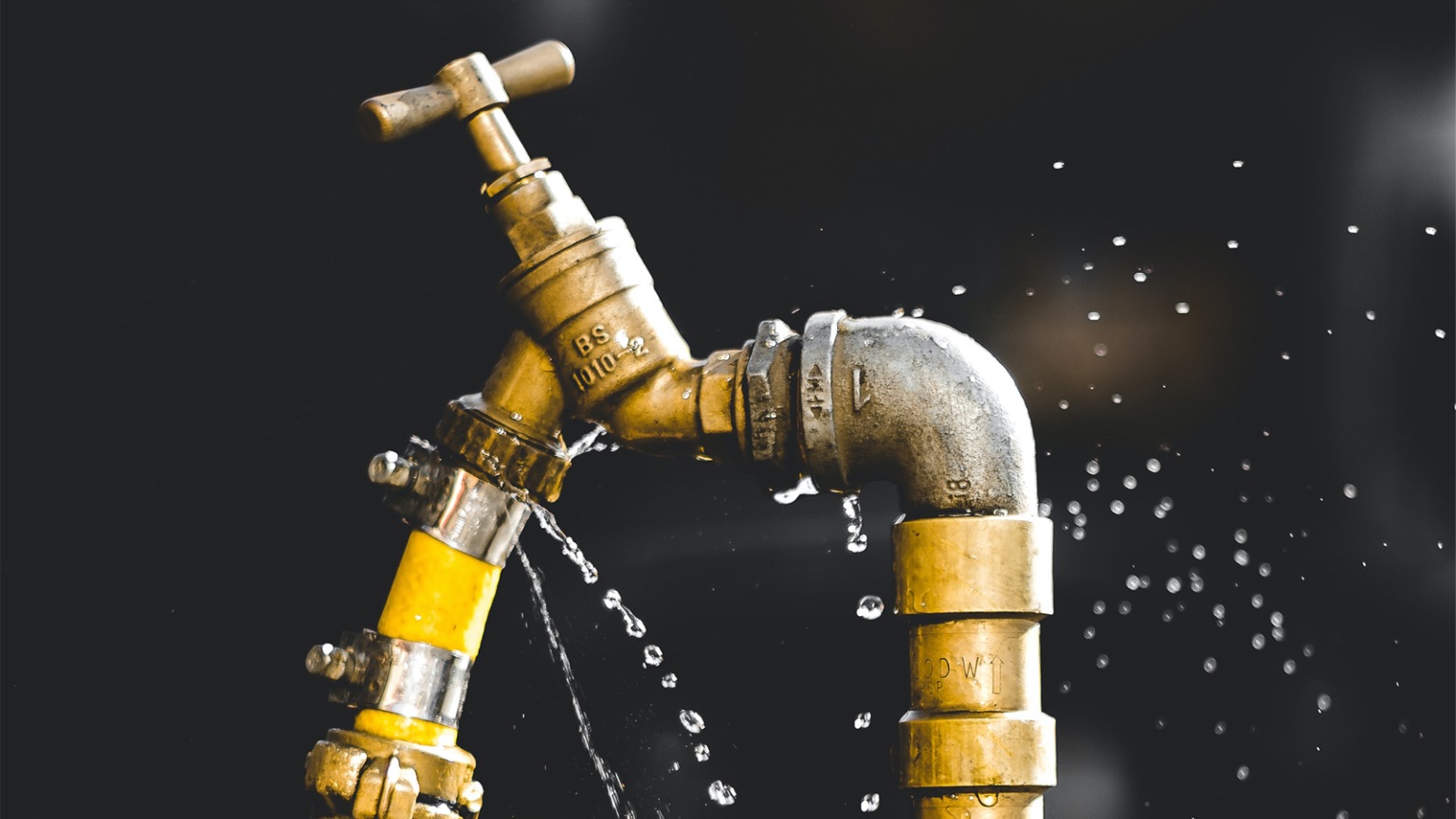

Articles
How Much Does A Plumbing Permit Cost
Modified: March 2, 2024
Find out the average cost of a plumbing permit in this informative article. Explore the factors that influence the price and plan your budget accordingly.
(Many of the links in this article redirect to a specific reviewed product. Your purchase of these products through affiliate links helps to generate commission for Storables.com, at no extra cost. Learn more)
Introduction
Welcome to our comprehensive guide on plumbing permits and their associated costs. If you’re embarking on a plumbing project, whether it’s a simple repair or an extensive renovation, obtaining a plumbing permit is an essential step in the process. In this article, we will delve into the importance of plumbing permits, the factors that influence their cost, and provide you with valuable insights on how to obtain one.
Plumbing permits exist to ensure that all plumbing work complies with local building codes and regulations. They are typically issued by the local municipality or building department to oversee and regulate plumbing installations, repairs, and alterations. While the specific regulations may vary from one jurisdiction to another, the underlying objective is to safeguard public health, safety, and welfare.
Undertaking plumbing work without the necessary permit can result in serious consequences. Not only can it lead to costly fines and penalties, but it may also compromise the integrity of your plumbing system, risking potential hazards for you and your family. Therefore, it is crucial to understand the importance of obtaining a plumbing permit and comply with the regulations set forth by your local authorities.
The cost of a plumbing permit is influenced by various factors, including the complexity and scope of the project, the location, and the specific regulations of your municipality. In the following sections, we will explore these factors in detail, providing you with a clearer understanding of the costs involved in securing a plumbing permit for your project.
It’s important to note that while the cost of a plumbing permit is a significant consideration, its value extends beyond just the financial aspect. By obtaining a permit and adhering to local regulations, you can have peace of mind knowing that your plumbing work is being conducted safely, efficiently, and to the highest quality standards.
Now that we’ve established the importance of plumbing permits and the potential consequences of not obtaining one, let’s dive deeper into the specific factors that can affect the cost of a plumbing permit in your area.
Key Takeaways:
- Obtaining a plumbing permit is crucial for ensuring safety, compliance with building codes, and protecting property value. It’s an investment that promotes peace of mind and quality workmanship, benefiting both homeowners and contractors.
- The cost of a plumbing permit varies based on location, project scope, and specific requirements. By understanding the factors influencing permit costs and following the application process, individuals can navigate the permit process with confidence and contribute to the integrity of their community.
Read more: How Much Does A Construction Permit Cost
What is a plumbing permit?
A plumbing permit is an official document issued by the local municipality or building department that grants permission to perform plumbing work on a property. This permit is typically required for various types of plumbing projects, including new installations, repairs, alterations, or replacements of plumbing systems.
The purpose of a plumbing permit is to ensure that all plumbing work is carried out in compliance with the applicable building codes and regulations. These codes and regulations are put in place to protect the health, safety, and well-being of the occupants of a building, as well as the overall integrity of the plumbing system.
When you obtain a plumbing permit, it means that a qualified inspector will review your project plans, specifications, and proposed plumbing work to ensure that they meet all the necessary standards. This inspection process helps to identify any potential issues or code violations before the work is completed, reducing the risk of future problems and ensuring the overall quality of the plumbing system.
Plumbing permits cover a wide range of plumbing projects, including but not limited to:
- Installation of new plumbing systems in residential, commercial, or industrial buildings
- Repair or replacement of water supply lines, drain lines, or sewer lines
- Installation or replacement of plumbing fixtures, such as toilets, sinks, showers, or bathtubs
- Additions or alterations to existing plumbing systems
- Installation of water heaters or other water-based appliances
It is important to note that the specific requirements for obtaining a plumbing permit may vary depending on your location. Some municipalities may require detailed plans and documentation, while others may have a simpler application process. It is always recommended to check with your local building department or municipality to understand the specific requirements and procedures for obtaining a plumbing permit in your area.
By obtaining a plumbing permit, you are not only ensuring compliance with local regulations but also protecting yourself from potential liability. If plumbing work is performed without the necessary permit and an issue arises, such as a burst pipe or a sewer backup, insurance companies may deny coverage due to the lack of compliance with building codes. Therefore, obtaining a plumbing permit is not just a legal requirement but also a means of protecting yourself and your property.
Why is a plumbing permit necessary?
A plumbing permit is necessary for several important reasons. Let’s explore why obtaining a plumbing permit is crucial for any plumbing project.
- Ensuring Safety: One of the primary reasons for requiring a plumbing permit is to ensure the safety of the occupants of a building. Plumbing systems involve complex networks of pipes, valves, and fixtures that carry water supply, waste, and gas. Improper installation or repairs can lead to leaks, backflows, or even dangerous gas leaks. By obtaining a plumbing permit, you are ensuring that a certified inspector will review the work to ensure it is done correctly, minimizing the risk of potential hazards.
- Compliance with Building Codes and Regulations: Plumbing permits are issued based on specific building codes and regulations put in place by local authorities. These codes are designed to promote the structural integrity, efficiency, and overall well-being of the building. By obtaining a permit, you are demonstrating your commitment to adhere to these codes and regulations, ensuring the plumbing work is up to standard.
- Protection of Property Value: Investing in plumbing work without the necessary permits can negatively impact the value of your property. When it comes time to sell, potential buyers may be deterred if they discover unpermitted plumbing work. Furthermore, insurance companies may refuse to cover damages or accidents related to unpermitted plumbing installations or repairs. By obtaining a permit, you are safeguarding the value and insurability of your property.
- Expert Oversight and Inspection: When you obtain a plumbing permit, a certified inspector will evaluate the proposed plumbing work at various stages, from the initial plans to the completion of the project. This expert oversight ensures that the work meets industry standards, complies with all relevant codes, and is done in a safe and reliable manner. Inspections may include checking the proper installation of pipes, testing for leaks, and examining the functionality of fixtures.
- Peace of Mind: Obtaining a plumbing permit provides peace of mind for both homeowners and contractors. Homeowners can rest assured that their plumbing work is being performed to code and will function correctly, while contractors can confidently showcase their compliance with regulations and professional expertise.
It’s important to note that in certain cases, minor plumbing repairs or replacements may not require a permit. However, it is always advisable to reach out to your local building department or municipality to confirm the specific circumstances where a permit is necessary. Additionally, even if a permit is not explicitly required, it is still encouraged to obtain one in order to ensure the quality and safety of the work being performed.
By obtaining a plumbing permit, you are not only complying with legal requirements but also prioritizing the safety and well-being of your property and its occupants. It is a responsible and necessary step that should be taken for any plumbing project, no matter how big or small.
Factors affecting the cost of a plumbing permit
The cost of a plumbing permit can vary based on several factors. Understanding these factors will help you estimate and budget for the cost of obtaining a permit for your plumbing project. Let’s dive into the main factors that can influence the cost:
- Location: The cost of a plumbing permit can vary significantly depending on your geographic location. Different municipalities may have different fee structures and pricing models for their permits. Urban areas or highly regulated regions may have higher permit fees compared to rural areas. It’s essential to check with your local building department or municipality to obtain accurate information regarding permit costs in your specific location.
- Project Scope and Complexity: The complexity and scope of your plumbing project can also impact the cost of a permit. Projects that involve major renovations, new installations, or significant alterations to the plumbing system may incur higher permit fees due to the additional time and resources required for review and inspection by the authorities. Simple repairs or replacements typically have lower permit costs.
- Plumbing fixtures and appliances: The type and number of plumbing fixtures and appliances being installed or modified can affect the permit cost. For example, a project that involves the installation of multiple toilets, sinks, showers, or a complex water heating system may have higher permit fees compared to a project with fewer fixtures. This is because the authorities typically base permit fees on the number of plumbing fixtures being added or altered.
- Project Value or Cost: In some jurisdictions, the permit fee may be calculated based on the estimated cost of the overall plumbing project. This means that the more expensive the project is, the higher the permit cost will be. The idea behind this approach is that larger and more expensive projects require more stringent oversight and inspection to ensure compliance with building codes and regulations.
- Additional Requirements: Some municipalities may have additional requirements for specific types of plumbing projects. For example, if your project involves connecting to a public sewer or water main, you may need to pay additional fees or obtain special permits or permissions. These additional requirements can increase the overall cost of obtaining a plumbing permit.
It’s important to note that the factors mentioned above are not exhaustive, and there may be other variables that can influence the cost of a plumbing permit in your area. To get accurate and up-to-date information, it’s best to contact your local building department or municipality and inquire about the specific factors and fees that apply to your plumbing project.
By considering these factors and adequately budgeting for the cost of a plumbing permit, you can ensure that you are prepared financially for your plumbing project. Remember, obtaining a permit is not just a legal requirement but also a necessary step in ensuring the safety, compliance, and quality of your plumbing work.
Before applying for a plumbing permit, check with your local building department for the specific cost. Permit fees can vary based on the scope of the project and the location.
Average cost of a plumbing permit
The average cost of a plumbing permit can vary significantly depending on various factors, including the location, project scope, and specific requirements of your municipality. While it is challenging to provide an exact average cost that applies universally, we can offer some general guidelines to help you estimate the potential expense for obtaining a plumbing permit.
On average, plumbing permits can range anywhere from $50 to $500 or more. However, please note that these figures are approximate and can vary considerably based on regional differences and project-specific variables.
Location plays a significant role in determining the cost of a plumbing permit. In some rural areas or smaller towns, permit fees can be on the lower end of the spectrum, typically ranging from $50 to $100. Conversely, in larger cities or more densely populated areas, permit fees tend to be higher, potentially reaching $500 or more for more extensive projects.
The scope and complexity of the plumbing project also affect the cost of the permit. Simple repairs or replacements, such as fixing a leaky faucet or replacing a toilet, generally have lower permit costs. However, larger-scale projects, such as new installations, extensive renovations, or the addition of multiple plumbing fixtures, may incur higher permit fees due to the additional time and inspections required by local authorities.
It is crucial to keep in mind that permit fees are not the only costs associated with obtaining a plumbing permit. Some municipalities may charge additional fees, such as plan review fees or inspection fees, which can add to the total expense. These fees are typically intended to cover the cost of reviewing project plans and conducting inspections to ensure compliance with building codes and regulations.
To get an accurate estimate of the cost of a plumbing permit for your specific project, it is best to reach out to your local building department or municipality. They can provide you with detailed information about the fees and requirements specific to your location and project.
Remember, while obtaining a plumbing permit may add to the overall cost of your project, it is an essential step that ensures compliance with regulations and helps maintain the safety and integrity of your plumbing system. Investing in a permit demonstrates your commitment to quality workmanship and provides peace of mind for both homeowners and contractors involved in the project.
Read more: How Much Does Plumbing Cost?
Additional fees and considerations
When obtaining a plumbing permit, there are additional fees and considerations that you should be aware of. These fees are separate from the cost of the permit itself and can vary depending on your location and the specific requirements of your municipality. Let’s explore some common additional fees and considerations:
- Plan Review Fees: Some municipalities charge a plan review fee for larger or more complex plumbing projects. This fee covers the cost of reviewing your project plans and ensuring compliance with building codes and regulations. The plan review fee is typically a one-time charge and is separate from the permit fee.
- Inspection Fees: In addition to the permit fee, there may be separate inspection fees associated with your plumbing project. These fees cover the cost of inspections conducted by certified inspectors at various stages of the project. Inspections are essential to ensure that the plumbing work meets all the necessary standards and complies with building codes.
- Over-the-Counter Permits: For certain minor plumbing projects, some municipalities offer over-the-counter permits. These are permits that can be obtained quickly without the need for extensive plan review. Over-the-counter permits are often available for simple repairs or replacements that do not involve major alterations to the plumbing system.
- Impact Fees: In some areas, impact fees may be applicable for new plumbing installations or major renovations. These fees are designed to help fund the expansion or maintenance of public infrastructure (such as water and sewer systems) that might be affected by the project. The amount of impact fees and the specific criteria for their application vary depending on local regulations.
- Time Considerations: It’s important to factor in the time required to obtain a plumbing permit. The approval process for a permit can vary, and it may take several days to weeks to receive the necessary approvals. Therefore, it’s important to plan your project timeline accordingly and initiate the permit application process well in advance.
- Contractor Licensing: Depending on your jurisdiction, contractors may need to obtain a separate license or registration for performing plumbing work. This can involve additional fees and requirements, so it’s crucial to ensure that your chosen contractor is properly licensed and meets all the necessary qualifications.
It’s important to note that the additional fees and considerations mentioned above may not be applicable in every municipality. The best approach is to contact your local building department or municipality to understand the specific fees, requirements, and procedures associated with obtaining a plumbing permit in your area.
By considering these additional fees and considerations, you can ensure that you have a comprehensive understanding of the total costs and requirements involved in obtaining a plumbing permit for your project.
How to obtain a plumbing permit
Obtaining a plumbing permit may seem like a daunting task, but with the right information and preparation, the process can be straightforward and hassle-free. Here are the general steps to follow when seeking a plumbing permit:
- Research: Start by researching the specific requirements for obtaining a plumbing permit in your local area. Contact your local building department or municipality to gather information regarding the necessary documentation, fees, and forms that need to be submitted. Understanding the process upfront will help you navigate it more smoothly.
- Prepare the Required Documentation: Typically, you will need to provide specific documentation to support your permit application. This may include detailed project plans, specifications, plumbing diagrams, and any other relevant information. Ensure that your documentation is accurate, complete, and complies with the requirements set forth by your local authorities.
- Complete the Permit Application: Fill out the permit application form, providing all the necessary details about your plumbing project. This may include information about the scope of the work, the type of fixtures being installed or modified, and any other relevant information as required by your municipality.
- Pay the Fees: Once your application is complete, you will need to pay the required fees associated with the plumbing permit. This typically includes the permit fee and any additional fees such as plan review or inspection fees. Ensure that you have the necessary funds available to cover the cost of the permit.
- Submit the Application: Submit your completed permit application and accompanying documentation to the appropriate department. Depending on your location, this may be done in person at the building department office or through an online portal. Be sure to follow the instructions provided by your municipality for submitting the application.
- Wait for Approval: After submitting your application, it will undergo a review process by the building department or local authorities. This may involve a review of your documentation, plans, and specifications. The timeframe for approval can vary, so be patient and allow sufficient time for the review process.
- Schedule Inspections: Once your permit is approved, you will need to schedule inspections at various stages of your plumbing project. This may include inspections for rough-in plumbing, connection to water supply or sewer lines, and final inspections to ensure compliance with local codes and regulations. Contact your local building department or municipality to schedule these inspections.
- Complete the Project: With your permit in hand, you can now proceed with your plumbing project. Ensure that all work is done according to the approved plans and specifications, and in compliance with local codes and regulations. It is important to address any inspector comments or recommendations during the inspection process.
- Finalize the Permit: Once your plumbing project is completed and passes all required inspections, you can request the final approval of your permit. This may involve submitting the necessary documentation, such as the inspector’s sign-off or a certificate of compliance. Once the permit is finalized, you can consider the project successfully completed.
Remember, the process of obtaining a plumbing permit can vary depending on your location and the specific requirements of your municipality. It’s crucial to reach out to your local building department or municipality for accurate information and guidance throughout the permit application process.
By following these steps and adhering to the regulations set forth by your local authorities, you can obtain a plumbing permit and proceed with your project in a legal and compliant manner.
Conclusion
Obtaining a plumbing permit is a vital step in any plumbing project. It ensures that the work is compliant with building codes and regulations, promotes safety, and protects the integrity of your plumbing system. While the cost of a plumbing permit can vary depending on several factors, such as location, project scope, and specific requirements, it is a necessary investment that pays off in the long run.
Throughout this guide, we have explored the importance of plumbing permits, the factors that can influence their cost, and the process of obtaining one. We have discussed how plumbing permits ensure safety, compliance with building codes, and protection of property value. By obtaining a permit, you can have peace of mind knowing that your plumbing work is being carried out correctly and to the highest standards.
Researching the specific requirements in your local area, preparing the necessary documentation, and submitting a thorough permit application are the initial steps in the process. Paying attention to additional fees and considerations, such as plan review fees and inspection fees, allows for accurate budgeting. Moreover, obtaining a plumbing permit not only demonstrates your commitment to quality workmanship but also protects you from potential liability.
As you embark on your plumbing project, remember to schedule inspections as required by your municipality and comply with any recommendations provided by inspectors. Successful passing of these inspections is crucial for finalizing your permit and confirming compliance with local codes and regulations.
In conclusion, obtaining a plumbing permit is a necessary step in ensuring the safety, compliance, and quality of your plumbing work. By understanding the importance of plumbing permits and following the steps outlined in this guide, you can navigate the permit application process with confidence. Remember to always check with your local building department or municipality for specific requirements and guidance pertaining to plumbing permits in your area.
By investing the time and effort to obtain a plumbing permit, you are not only safeguarding your property and its occupants but also contributing to the overall well-being and integrity of your community.
Frequently Asked Questions about How Much Does A Plumbing Permit Cost
Was this page helpful?
At Storables.com, we guarantee accurate and reliable information. Our content, validated by Expert Board Contributors, is crafted following stringent Editorial Policies. We're committed to providing you with well-researched, expert-backed insights for all your informational needs.
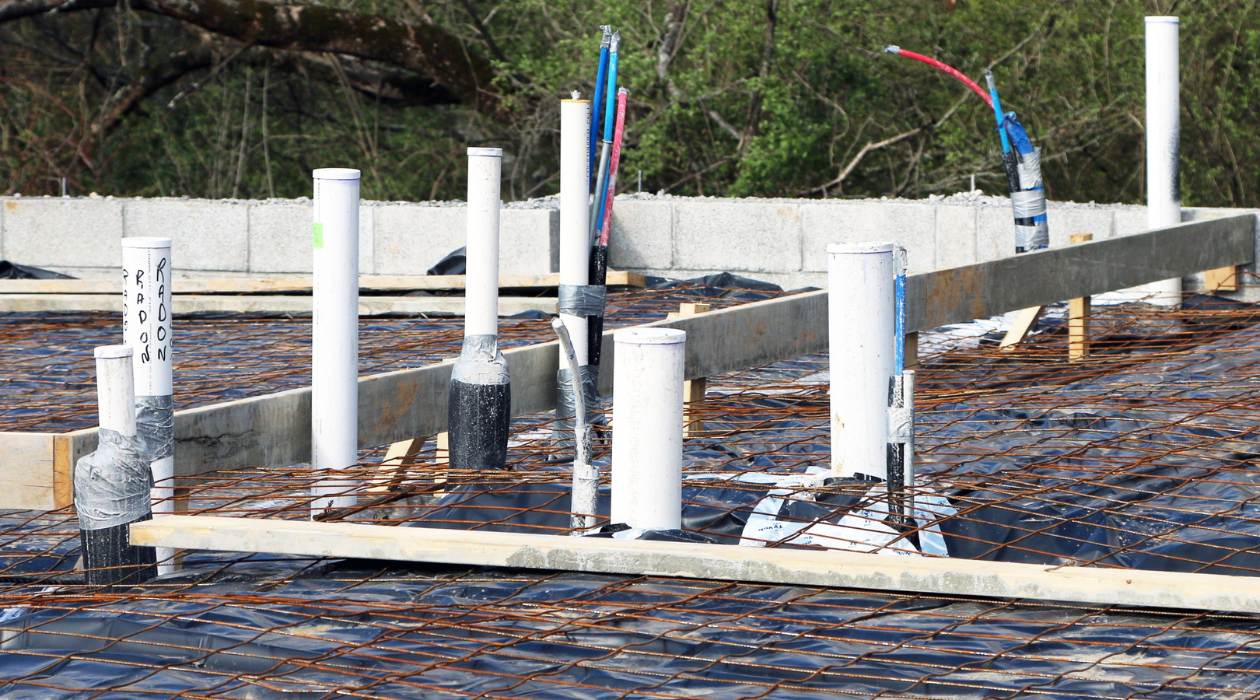
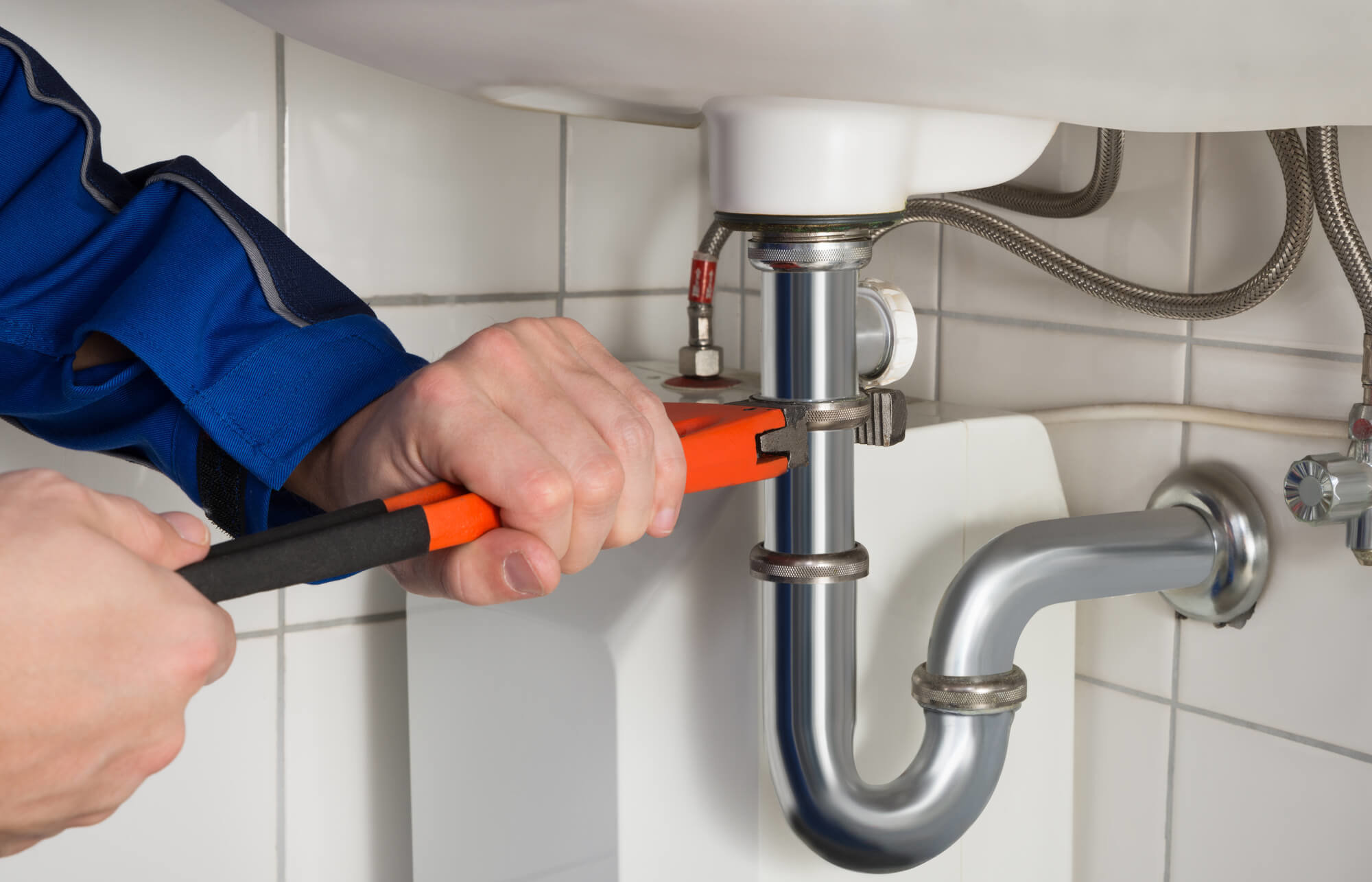
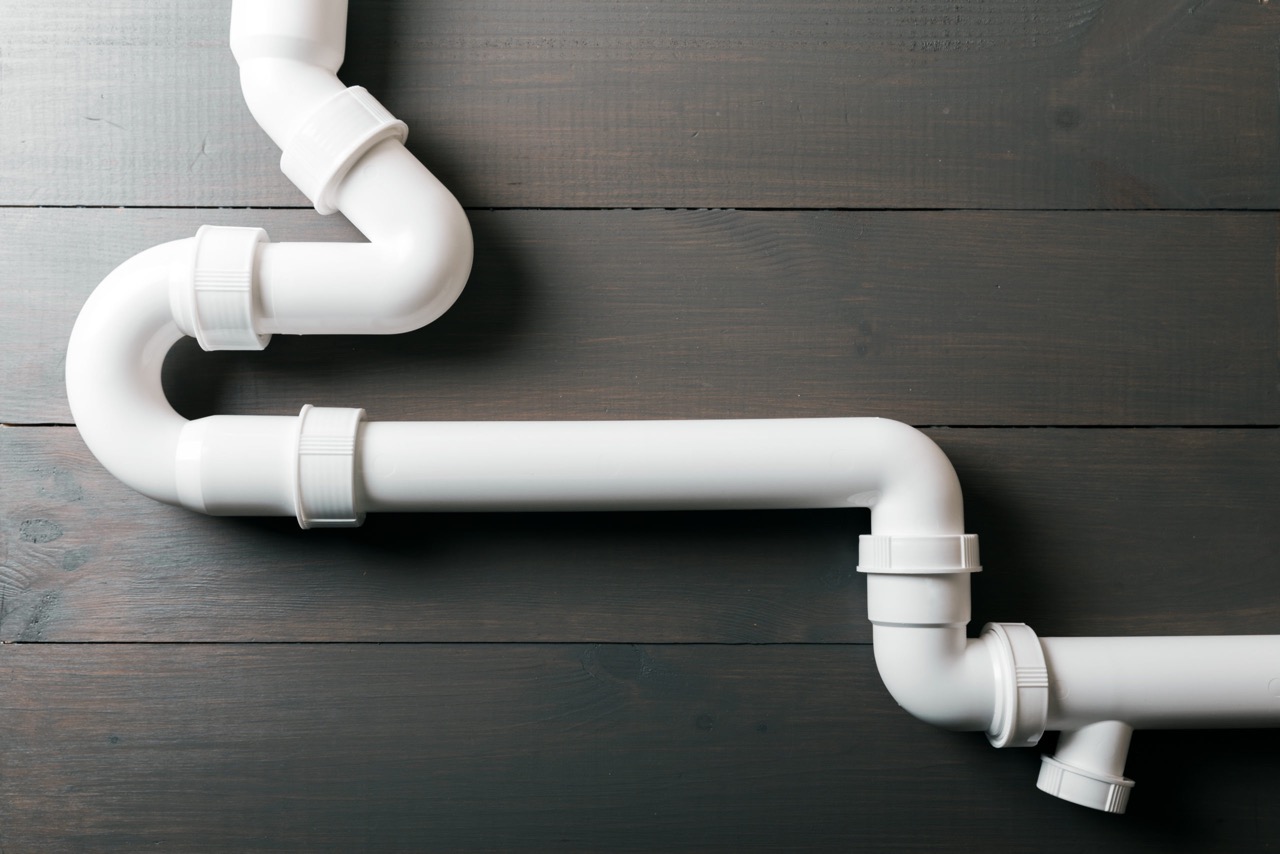
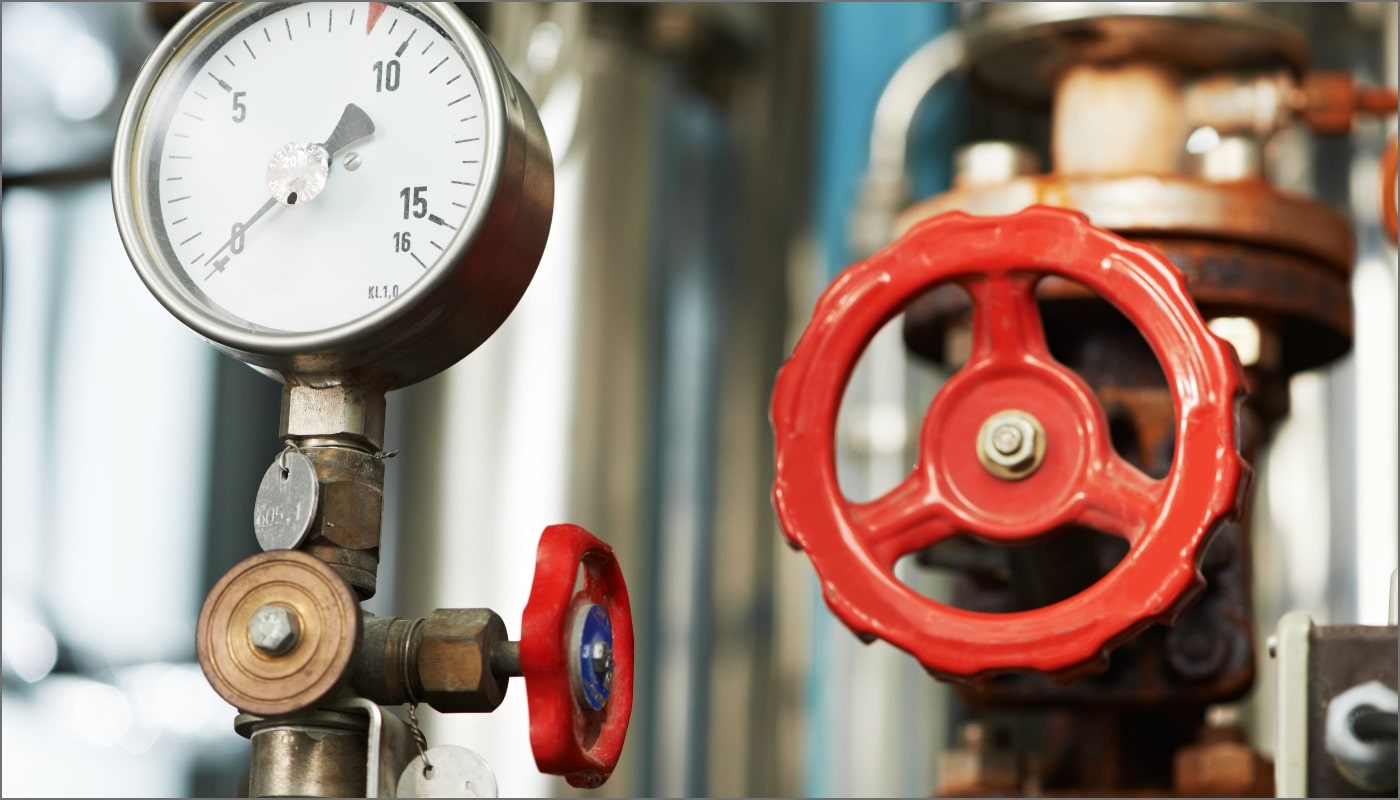
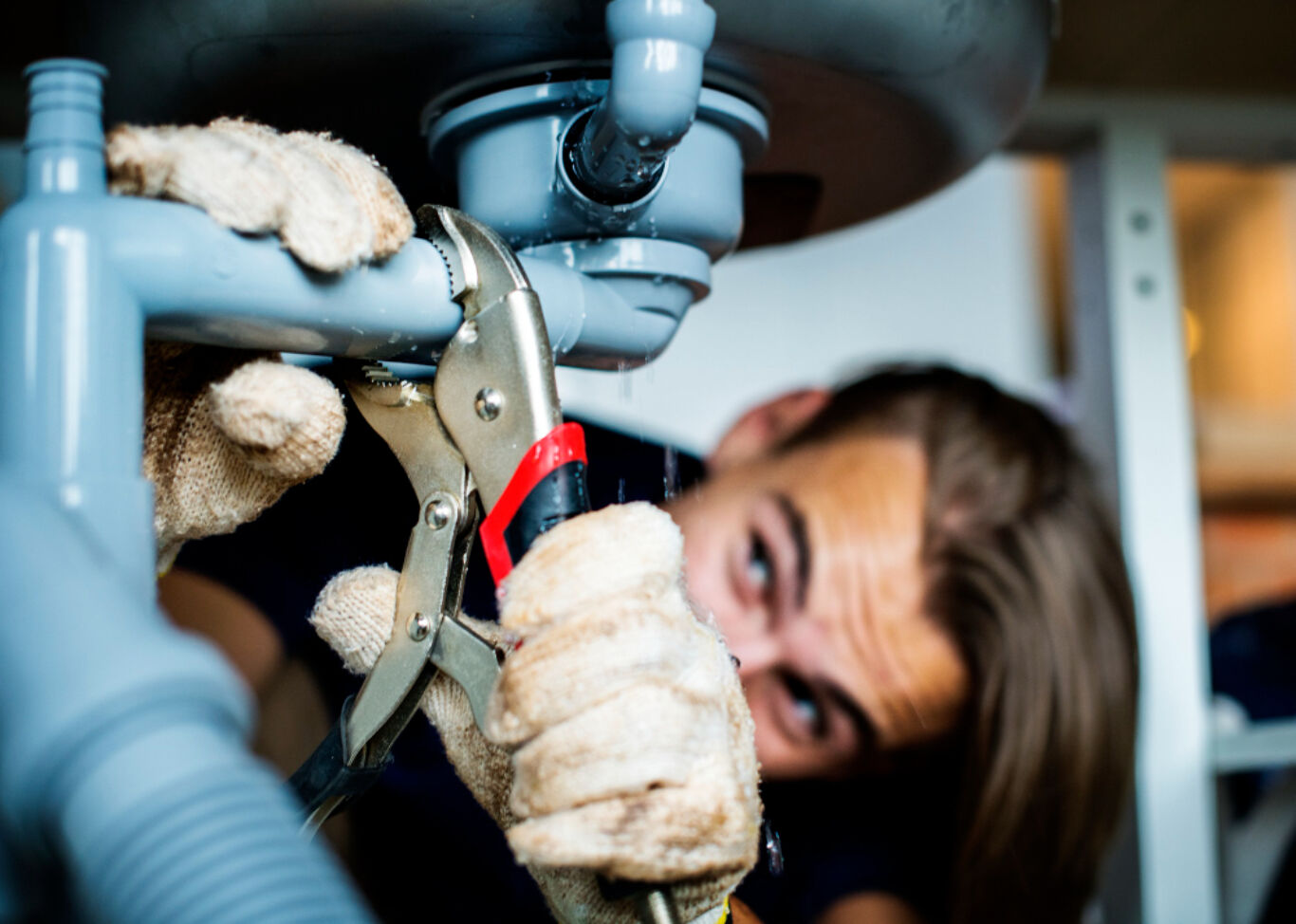

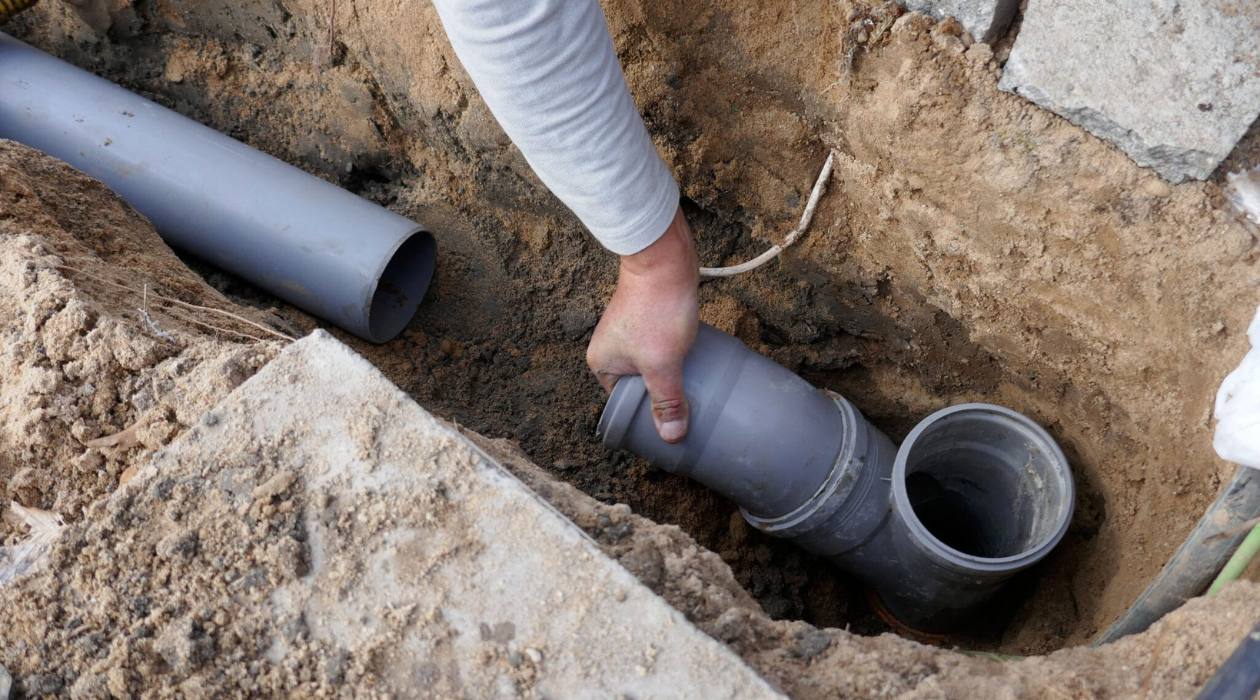
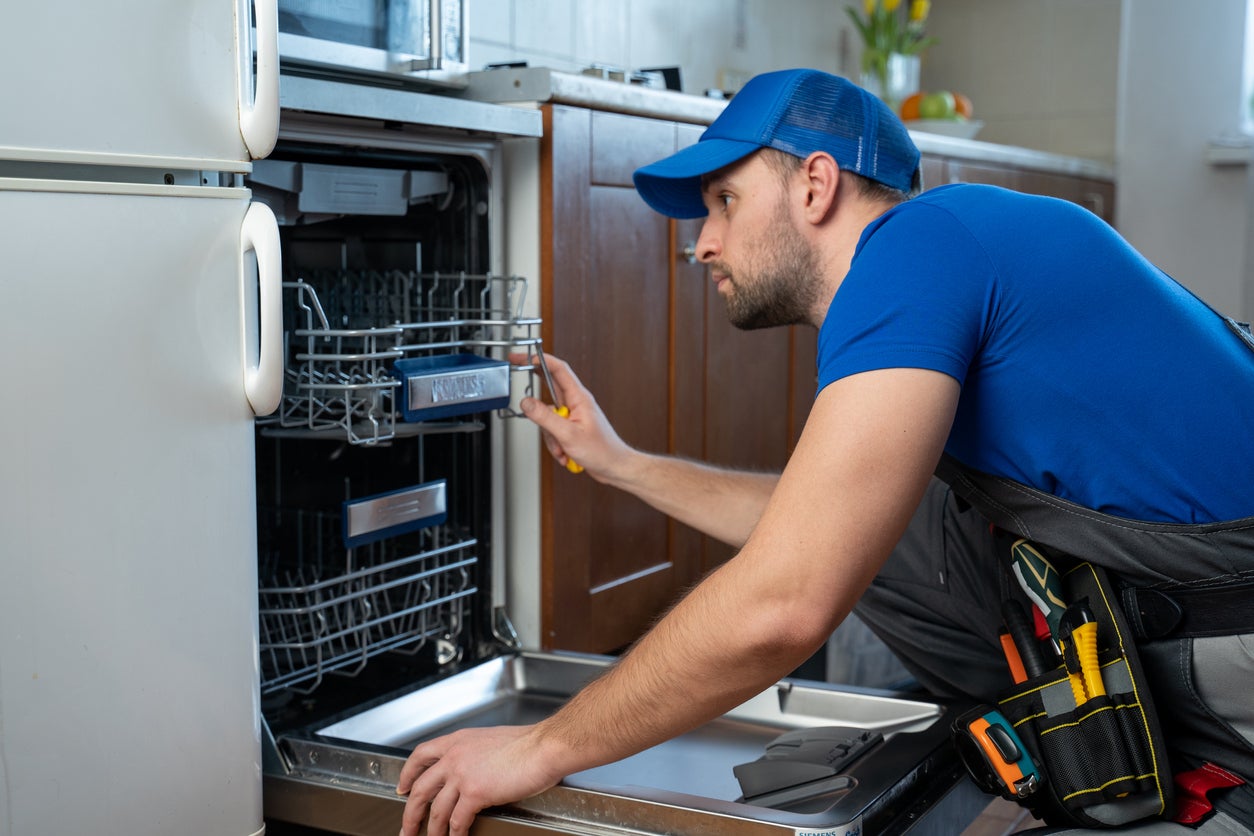
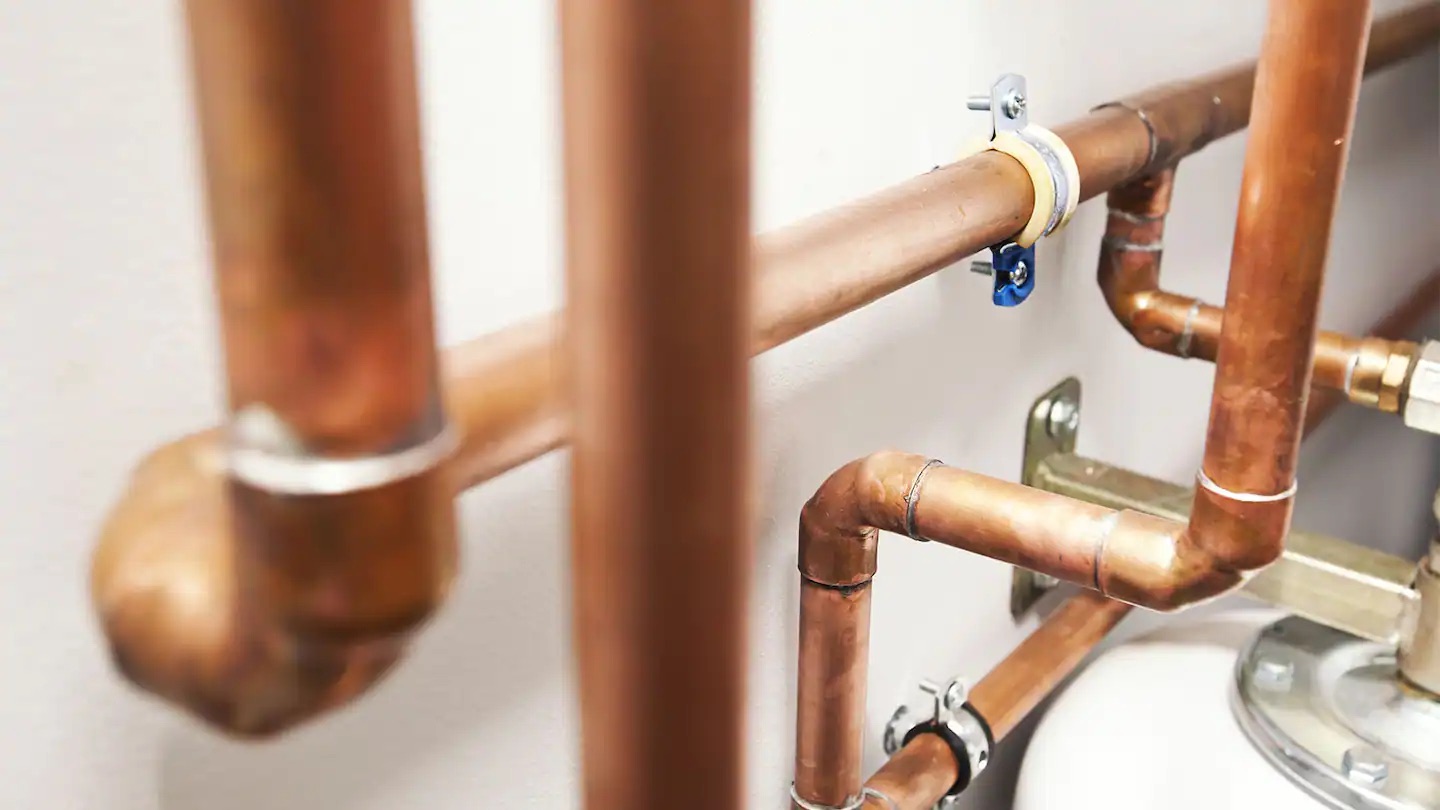
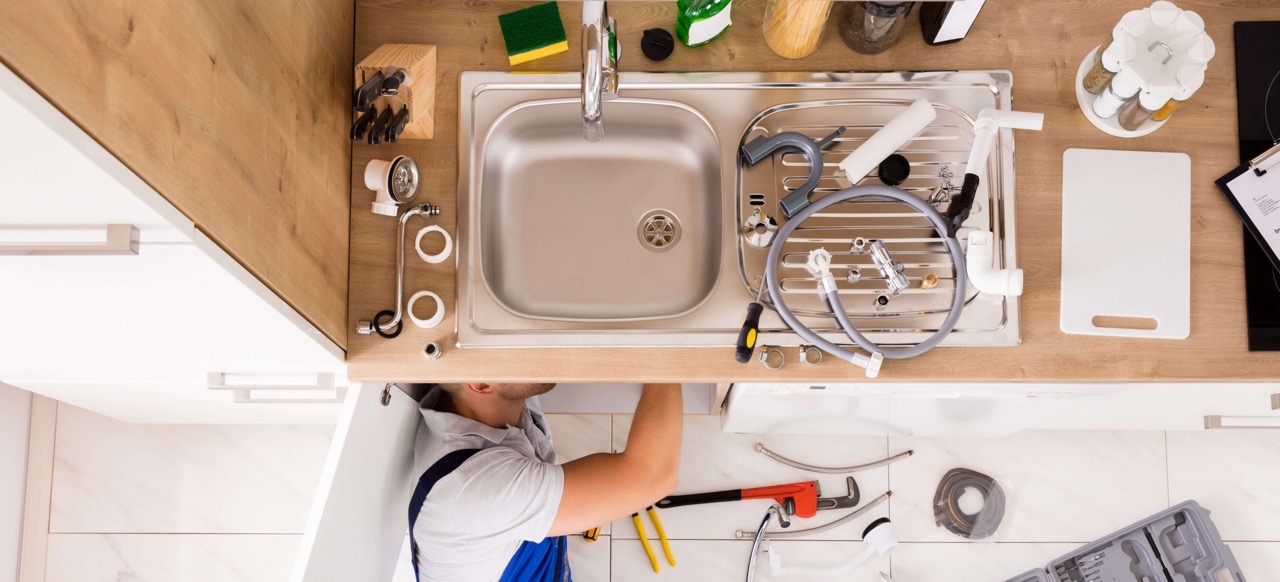
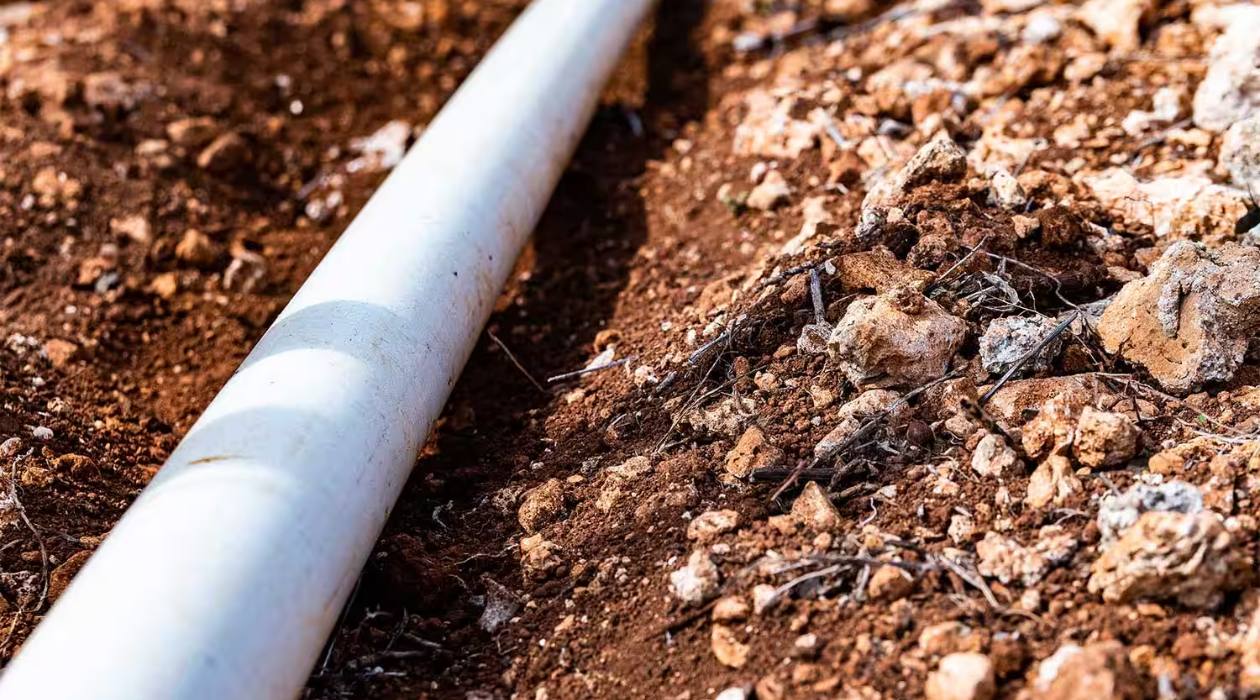
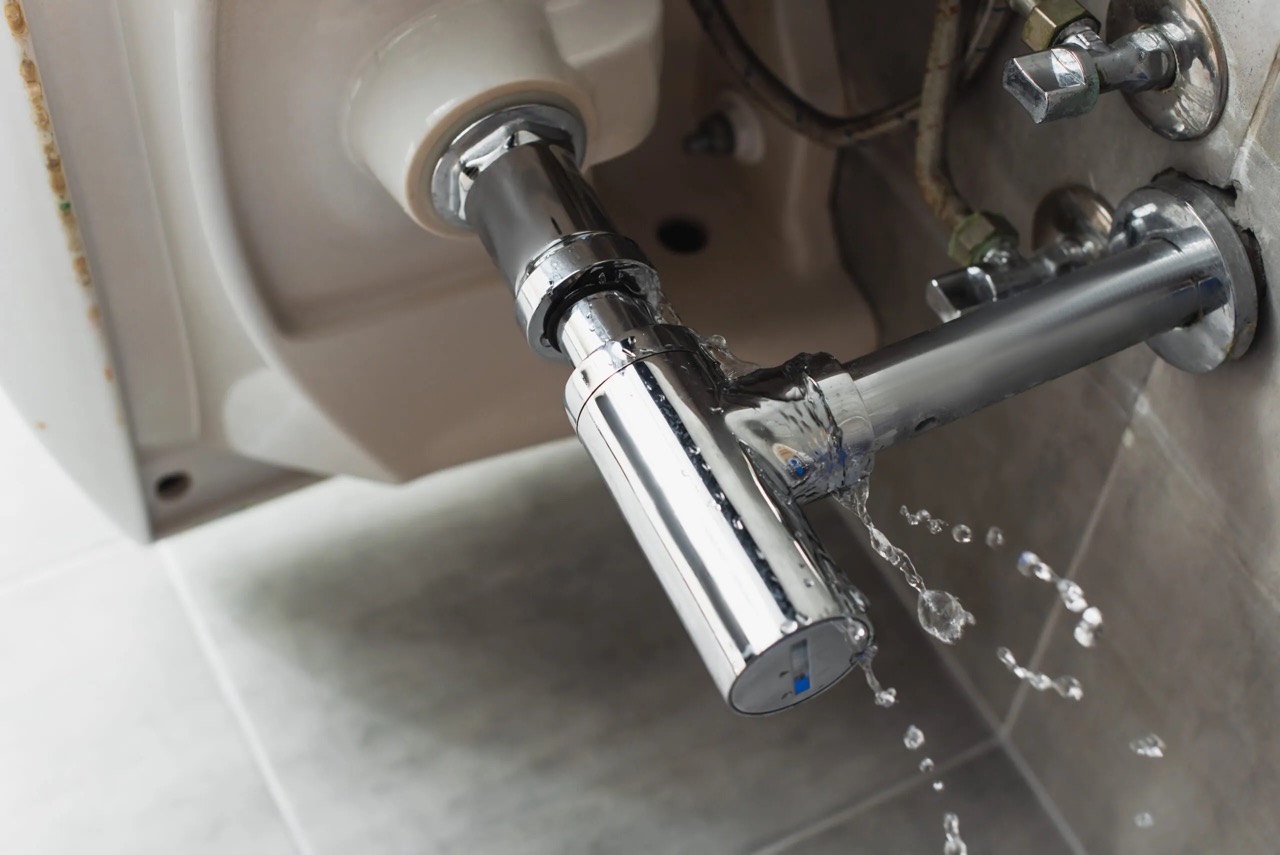
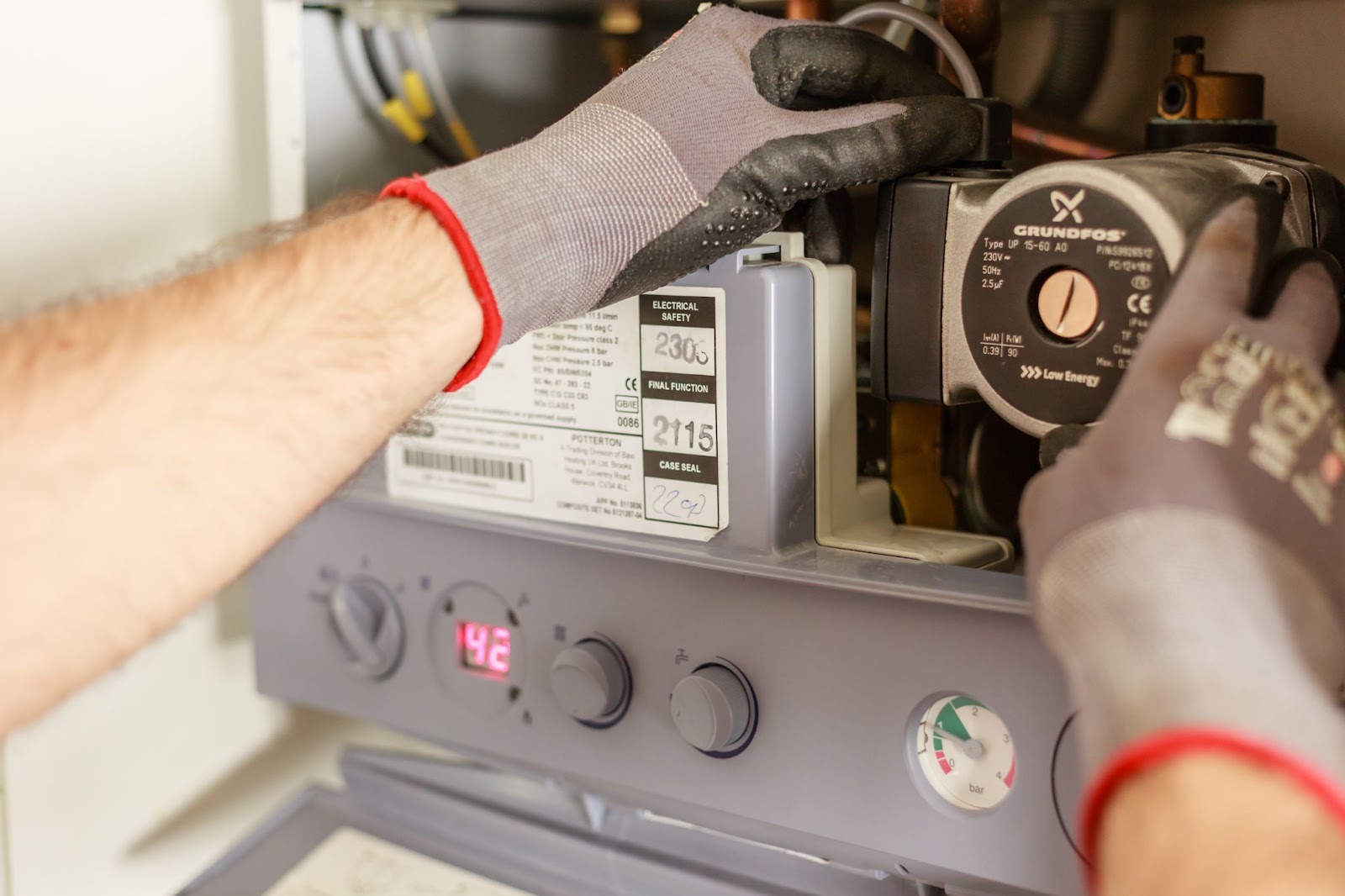
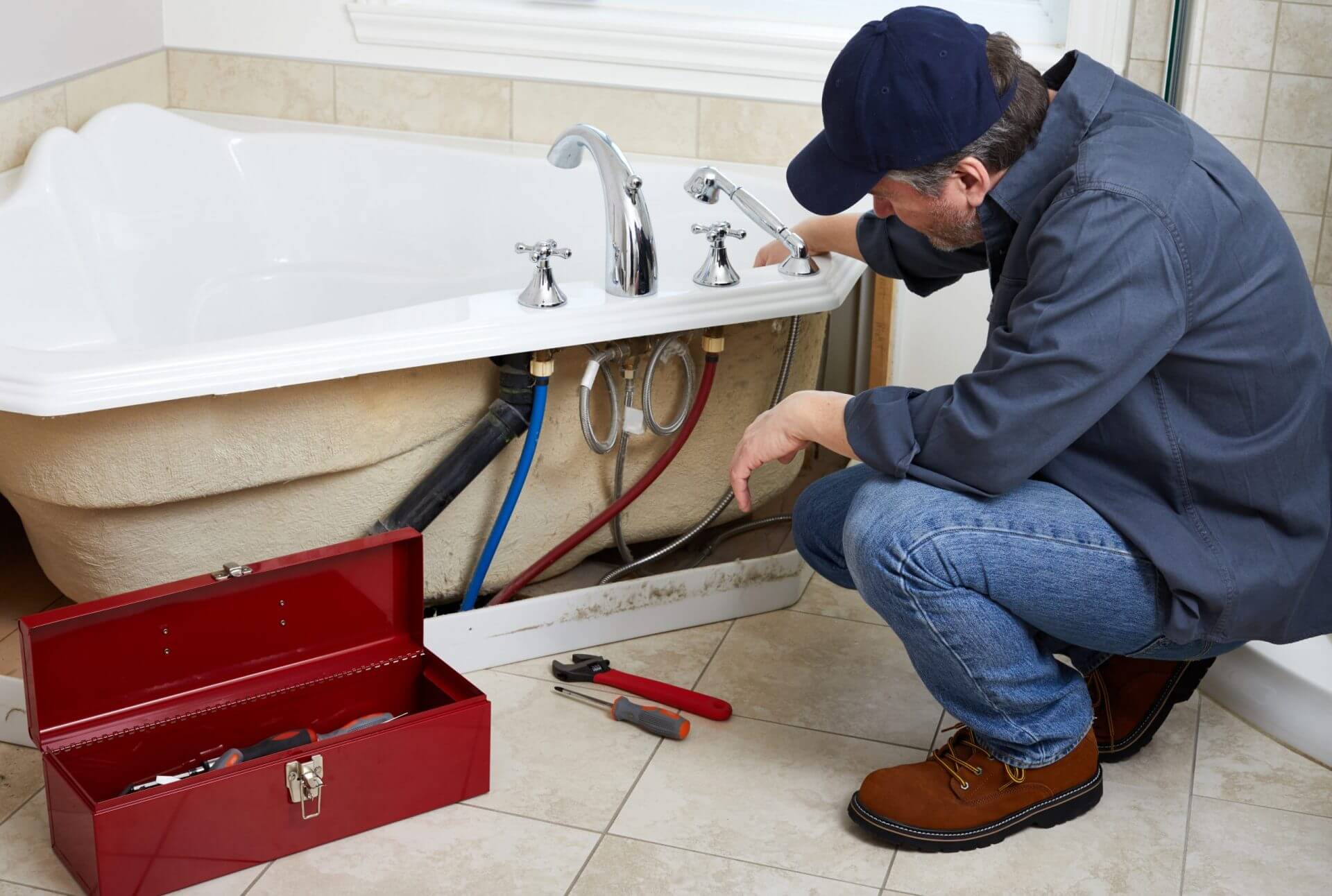

0 thoughts on “How Much Does A Plumbing Permit Cost”